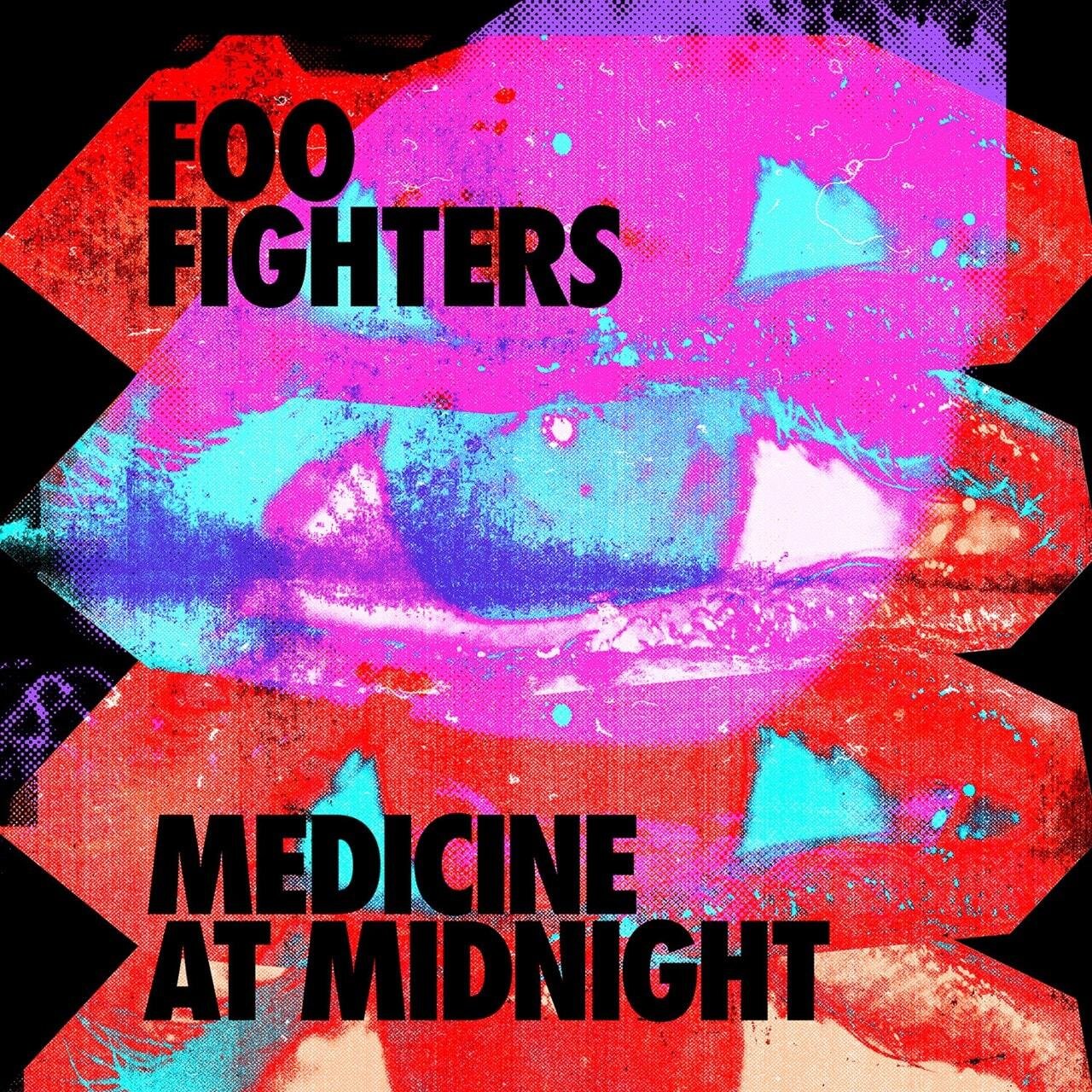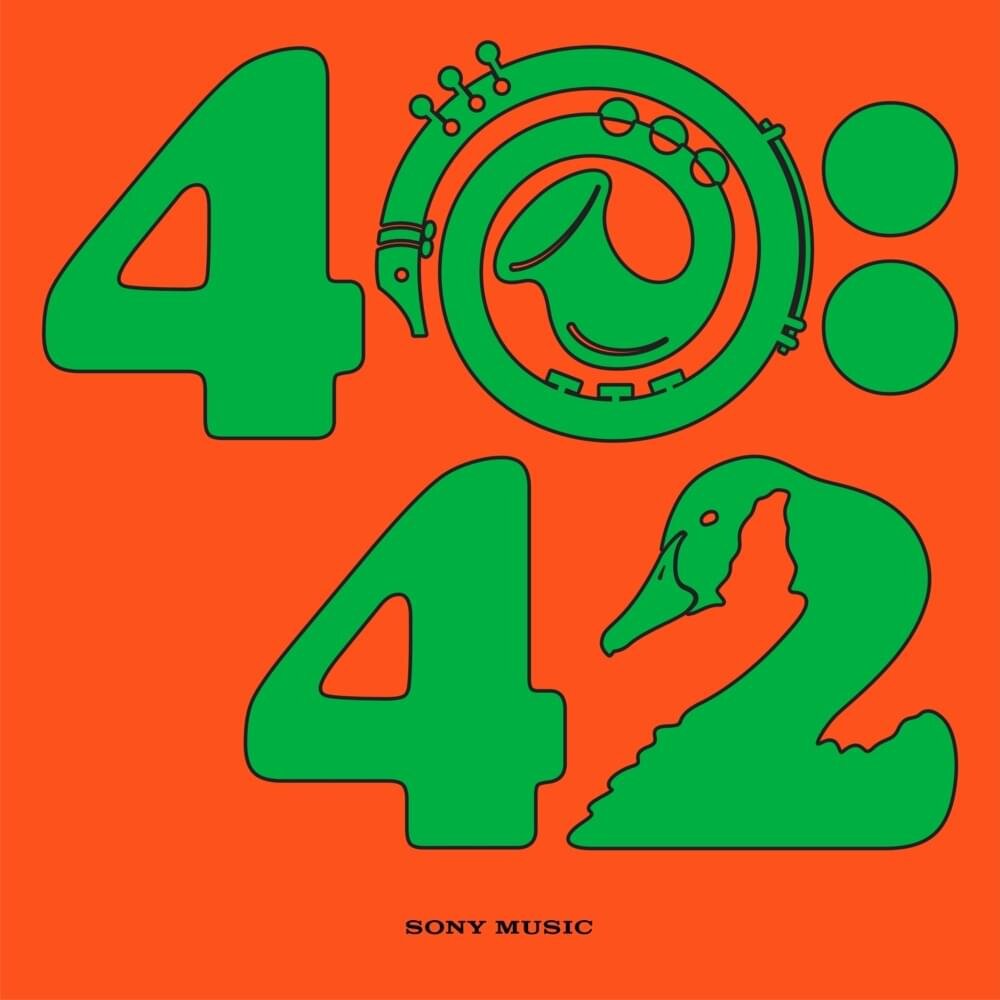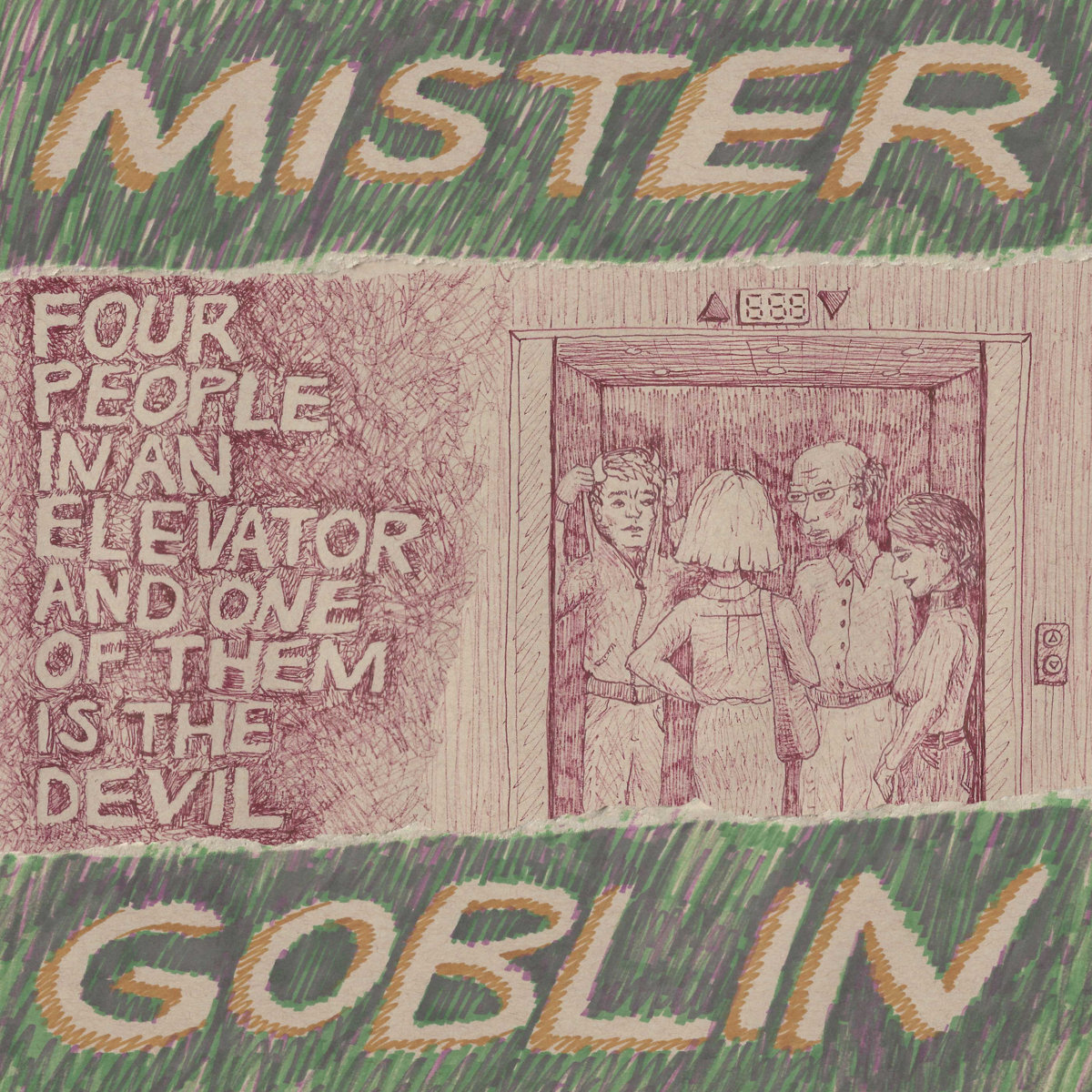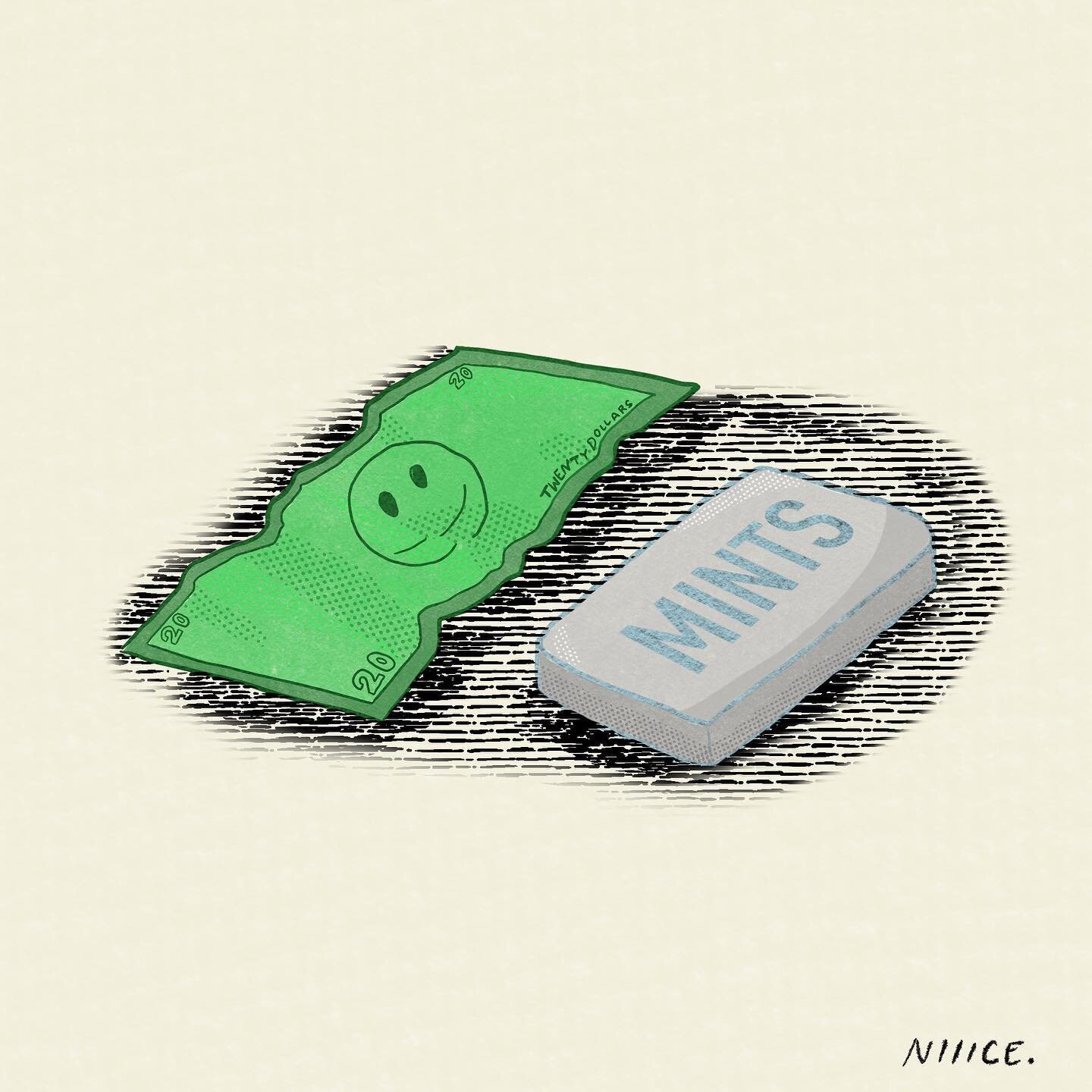Music, Life, and Tigers Jaw: How We Remember Music
/As I write this, I’m listening to “Hesitation,” a single off the Tigers Jaw’s upcoming album I Won't Care How You Remember Me. My history with Tigers Jaw is long and winding, but the tl;dr version is that I (like many other people) have a soft spot for their self-titled album. While I have come to adore Charmer and think spin has some undeniable bangers, nothing the band has ever made since 2008 has quite reached the peak of that landmark emo album… but why?
As I listened to the first few seconds of “Hesitation,” I was able to suspend my disbelief and, just for a moment, hear an emo riff that would have sounded perfectly at-home on that pizza-adorned favorite of mine. “Hesitation” itself is great, but hearing such an evocative piece of guitarwork made me realize that even if we get a better Tigers Jaw album than the self-titled record, we’ll never get another Tigers Jaw album that hits quite the same.
Tigers Jaw is an immensely personal album to me, and I know I’m not alone in that. The band’s top songs on Spotify pull largely from their 2008 release. For some fans, it evokes long-lost decade-old memories of high school nights spent with friends or the sweat-and-beer smell of DIY shows. For me, the band’s self-titled record is forever tied to a very specific and formative spring term in college. I think the songs are great, obviously, but I only recently realized how much those subjective feelings inform my love for the album.
Hearing the opening notes to “The Sun” instantly takes me back into a time of my life where everything seemed to be turning around, and it made me realize nobody else has those memories. Nobody else listens to Tigers Jaw and feels the exact way I feel. We may hear the same choruses and see the same sentiments captured in the songs, but nobody feels the exact weird mix of emotions I experienced that spring term. Nobody hears “Plane vs. Tank vs. Submarine” and thinks about studying beat poetry for their English class. No Tigers Jaw fan hears “Never Saw It Coming” and can conjure to mind the strange melancholy I felt on that one weird train ride home after a bad day. Not a single soul associates “Meals On Wheels” with the optimistic feeling of basking in the sun after a long, cold, rainy Oregon winter and feeling a sense of self-assuredness for the first time in years. Those are all me. Those are all Tigers Jaw.
My point is I love Tigers Jaw not just because it’s a great album but because it is synonymous with a very important time in my life. No other Tigers Jaw album, no matter how good, will ever broach that strange mix of musical excellence and nostalgia. Tigers Jaw is encased in amber. It’s trapped in time. It’s something that can never be reclaimed, recreated, or bested.
I’m incredibly excited about the new Tigers Jaw album. I’m happy they’re still around, and I’m glad they’re still putting out incredible music after a decade and a half together as a band. It’s just odd to hear something like that opening riff on “Hesitation,” which sounds like a familiar memory yet is completely new. It’s a strange sense of musical and emotional deja vu. It made me realize that I Won't Care How You Remember Me will eventually be someone’s Tigers Jaw. Somebody will listen to these songs, fall in love with them, and forever associate them with a specific and important time in their life.
That power of association is an extraordinary aspect of music that can make things unfair at times. As an artist, it’s unfair that you can never recreate something that appeals to a fan in the exact same way, just in a different way. The songs on I Won't Care How You Remember Me might grow associations that I look back on as fondly as the songs on Tigers Jaw, but I won’t know until I look back on them with an equivalent amount of time. Right now, it just feels like “New Tigers Jaw” versus “Old Tigers Jaw,” but it’s important to remember that there’s also a decade-plus worth of memories that comes with the latter one. It’s apples and oranges.
That phenomenon of musical nostalgia is also unfair as a fan. You can never explain quite why an old album appeals to you. Yes, you can share the songs, break down the lyrics, analyze the instrumentation, and use beautiful flowery language to impart the feeling that it gives you. Still, you will never be able to explain the complex web of associations and sentimentality you feel when listening to it. It’s sad because nobody will ever relate to these songs in the exact same way, yet the cool thing is that you can still find a way to relate.
That’s what makes music writing fun. Reviewing music is just a writer attempting to explain how a song or album makes them feel before those associations set in. Over time, everyone will form their own unique opinions of, feelings on, and relationships with the music that are all unreplicable. It makes this job hard because I can never completely explain what Tigers Jaw means to me, but it fills me with a strange sense of awe and optimism knowing that someone will be experiencing their own version of those feelings with I Won't Care How You Remember Me. It makes me think about the infinite number of feelings and associations people already have with Tigers Jaw. That album has been out 13 years, and I guarantee other people have experiences tied to that album that are just as powerful as mine; they’re just powerful in a different way.
It makes me look on at music in wonder. It makes concerts astonishing. That we can all stand in the same room, sit in the same theater, or crowd together in the same basement and all experience something together at the same time, all forming a new association with those songs at the same time. It’s encoding something in us in real-time. It’s bonding us forever.
Music is beautiful because it can bring us together in those moments, if only for an hour or so. Eventually, we’ll all look back on that time we saw Tigers Jaw live and how much fun we had that night. Or how bad it was. Or the weird drunk dude who kept shouting the lyrics at the top of his lungs and spilled beer on the person in front of him. Twice. Associations are infinite. There’s an endless number of feelings, and each person will remember them differently. What’s more, those feelings can never be wholly imparted upon another soul. We can get together physically or digitally and find solace in the same piece of music. We can also listen on our own, live our lives the best way we know, and grow those personal feelings over time. We can talk about music now or find each other years down the line. Music is both collaborative and solitary. It’s communal and custom. The best part is that it’s powerful no matter what.
That’s why I encourage anyone and everyone to write about music. That’s why I purposely choose to focus this blog on the intersection between music and life. Because you can’t have one without the other, and there’s no “right” way to write about those associations or convey those feelings. It’s why every discography ranking, countdown, and year-end list is inherently flawed. A writer can say the music “rips,” “shreds,” or “slaps” all day long. You can analyze the choruses, examine the guitar solos, and explain the drum pattern, all with perfect terminology, but at the end of the day, that’s just describing the music. If you’re writing about an old album, and if it’s an album that’s truly dear to you, then try to capture the layer just beyond. Try to explain your feelings, your truth, your life that lies just beyond the music. Try to explain your musical associations and lay out your experiences. Attempt to capture that beautiful and unique essence that you bring to the music. That’s the art of music writing, that’s where the beauty lies. That’s the intersection between music and life.
This all makes the name of Tigers Jaw’s new album feel particularly apt; I Won't Care How You Remember Me. I haven’t heard the album yet, so I don’t know the context in which that sentiment is delivered, but it makes me think about my own history with the band. It makes me think about all of our separate histories with the band. Tigers Jaw don’t care if you love this album or hate it. They don’t care if you view it as better or worse than their self-titled. None of that matters to them. They don’t care how you remember them. All that matters is that you remember them.





















